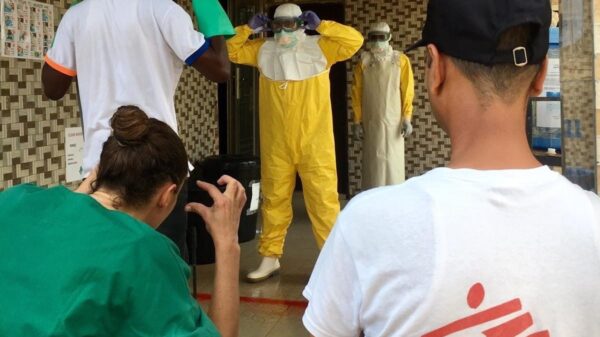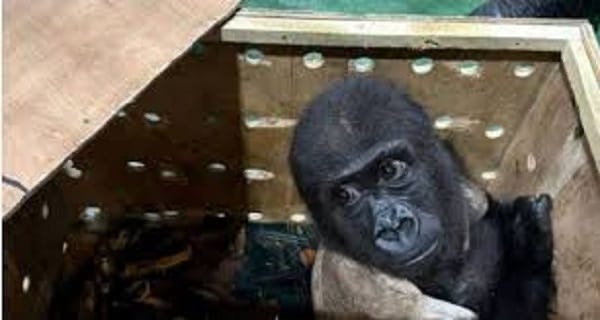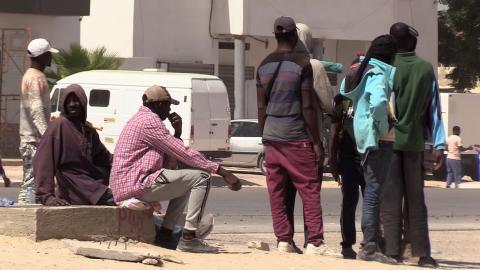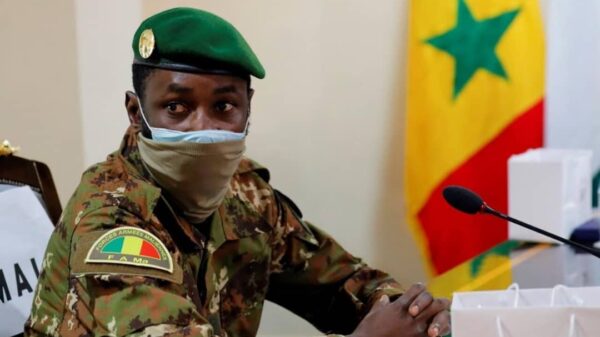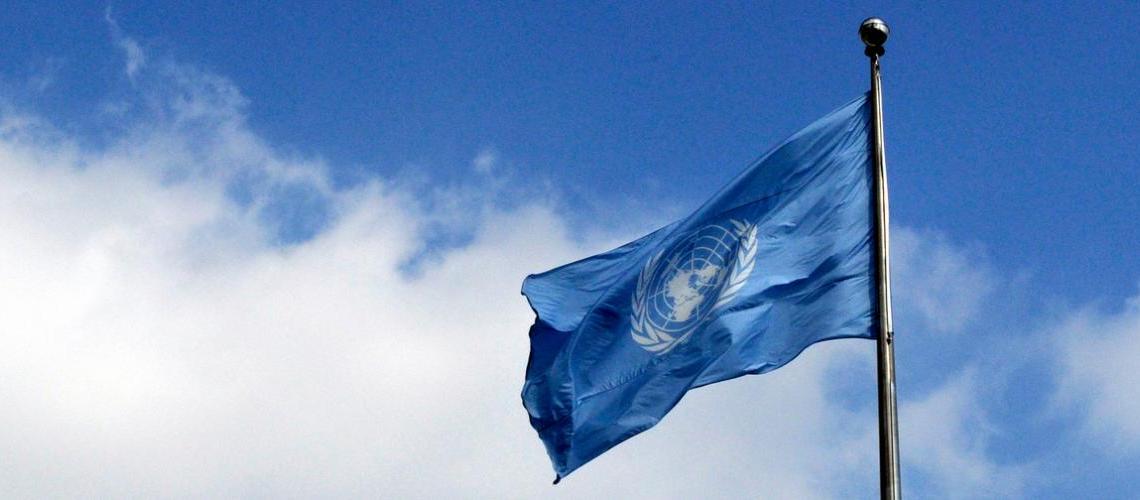The UN on Wednesday marked the 50th anniversary of the entry into force of the Biological Weapons Convention (BWC) – the first multilateral disarmament treaty to ban an entire category of weapons of mass destruction
The UN’s High Representative for Disarmament Affairs, Izumi Nakamitsu. in a statement, said that the world came together 50 years ago to ban biological weapons,.
She noted that in today’s volatile geopolitical climate we can ill-afford to let this moral safeguard “erode”,
Disarmament chief Izumi Nakamitsu told Member States in Geneva that the BWC “remains a testament to the conscience of humankind”. Yet as technology evolves, so too do potential risks.
“We must ensure the instruments of the 20th century can respond to today’s global 21st century challenges,” Nakamitsu said.
In his message, the Secretary-General, Antonio Guterres urged all States parties to actively participate in the Working Group on Strengthening the BWC – which verifies compliance, capacity-building and assistance – and called on the Group to accelerate its efforts in this milestone year.
“These efforts reinforce the commitment in the Pact for the Future, adopted at the United Nations last year, for all countries to pursue a world free of biological weapons,” he said.
Guterres hailed the Convention as a cornerstone of international peace and security, having contributed over five decades to “collective efforts to reject the use of disease as a weapon.”
Today, 188 countries are party to the convention, which effectively prohibits the development, production, acquisition, transfer, stockpiling and use of biological and toxin weapons.
The BWC stands as a safeguard, ensuring that advances in biology and biotechnology are used solely for “peaceful purposes” – and not to trigger artificial epidemics that threaten us all.
While the vast majority of UN Member States have joined the convention, nine countries remain outside.
The secretary-general called on those governments to ratify the treaty without delay.
UN disarmament affairs office, UNODA, is working to support the convention’s implementation – especially in Africa where it has engaged 100 young scientists through the Youth for Biosecurity Fellowship in the last five years.
“Together, let us stand united against biological weapons,” the secretary-general said.
As the world grapples with new global health challenges and geopolitical uncertainty, the BWC remains a vital barrier against the misuse of science.
Reinforcing it, the UN chief said, is essential to prevent biological weapons from ever being used again – whether in conflict, acts of terror, or by accident.
NAN reports that the BWC currently has 187 states-parties, including Palestine, and four signatories (Egypt, Haiti, Somalia, and Syria).
The 10 states that have neither signed nor ratified the BWC are Chad, Comoros, Djibouti, Eritrea, Israel, Kiribati, Micronesia, Namibia, South Sudan, and Tuvalu.







